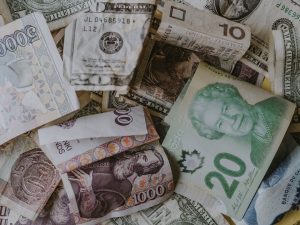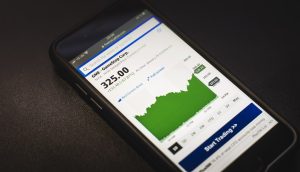As a forex trader, taxes can be a daunting task. However, understanding the basics of taxation and keeping meticulous records can make the process much easier. In this article, we will outline how to do tax if you trade forex.
Firstly, it is important to understand that forex trading is subject to taxation. In most countries, including the United States, forex profits are considered income and are therefore subject to income tax. Forex trading losses can also be claimed as deductions on your tax return.
The first step in preparing your taxes as a forex trader is to keep accurate records. This includes keeping track of all trades, including the date of the trade, the currency pair, the size of the trade, and the profit or loss made on the trade. It is also important to keep records of any expenses incurred in the course of trading, such as trading platform fees, data feeds, and trading education expenses.
Once you have gathered all of the necessary records, you will need to determine your taxable income. This is done by adding up all of your profits from forex trading, as well as any other sources of income. You will then subtract any allowable deductions, such as trading losses, to determine your taxable income.
The next step is to determine your tax rate. This will depend on your income level and the tax laws in your country. In the United States, forex traders are subject to ordinary income tax rates, which range from 10% to 37% depending on your income level.
Once you have determined your taxable income and tax rate, you can calculate your tax liability. This is done by multiplying your taxable income by your tax rate. For example, if your taxable income is $50,000 and your tax rate is 20%, your tax liability would be $10,000.
It is important to note that forex traders may also be subject to capital gains tax. Capital gains tax is a tax on profits made from the sale of assets, such as stocks, bonds, and currencies. In some countries, including the United States, forex profits may be considered capital gains and subject to capital gains tax.
If you are subject to capital gains tax, the tax rate will depend on the length of time you held the asset. If you held the asset for less than a year, it will be considered a short-term capital gain and subject to ordinary income tax rates. If you held the asset for more than a year, it will be considered a long-term capital gain and subject to lower tax rates, ranging from 0% to 20% depending on your income level.
In addition to income tax and capital gains tax, forex traders may also be subject to other taxes, such as state and local taxes, social security tax, and Medicare tax. It is important to consult with a tax professional to ensure that you are compliant with all tax laws and regulations.
In conclusion, doing tax as a forex trader can be a complex process, but it is important to keep accurate records and understand the tax laws in your country. By keeping meticulous records and consulting with a tax professional, you can ensure that you are compliant with all tax laws and regulations and minimize your tax liability.





